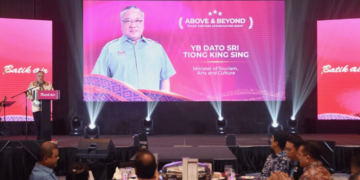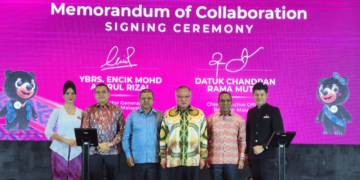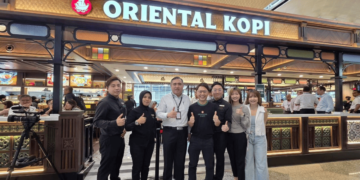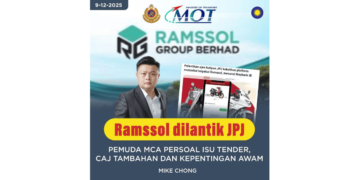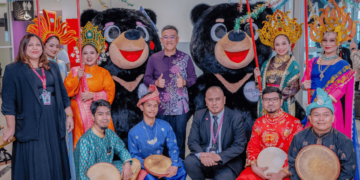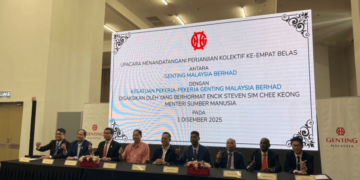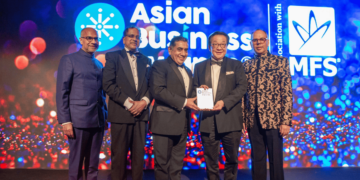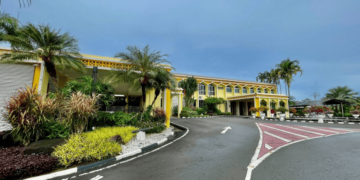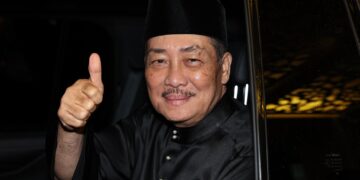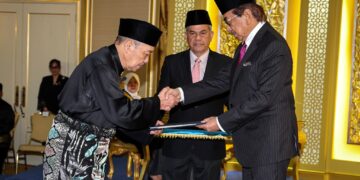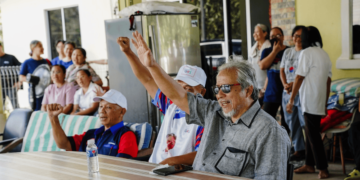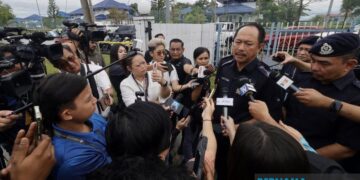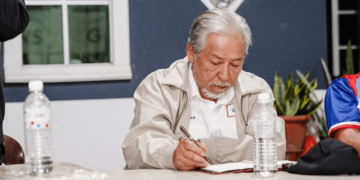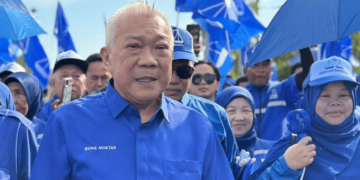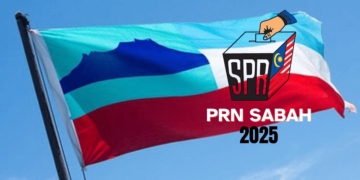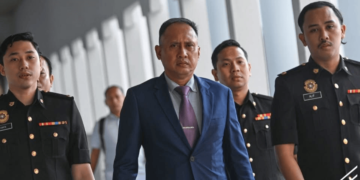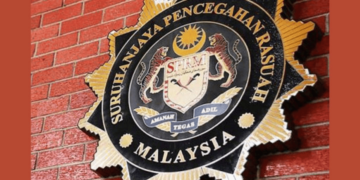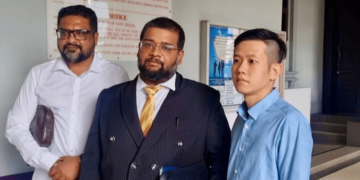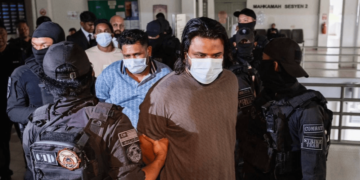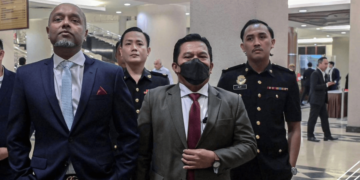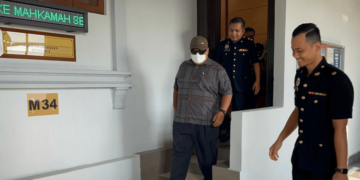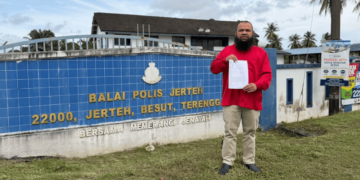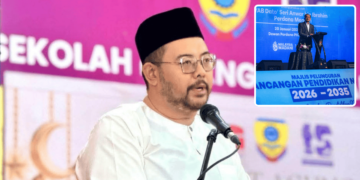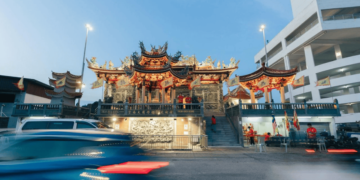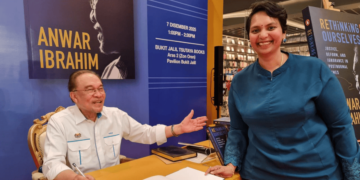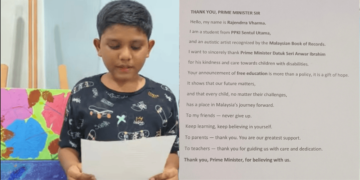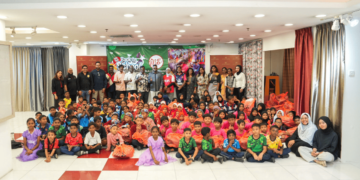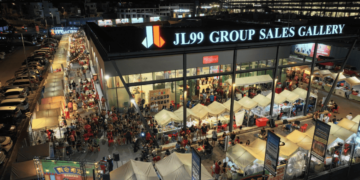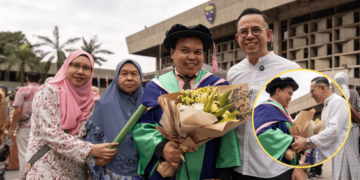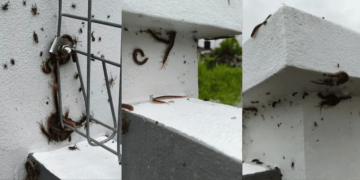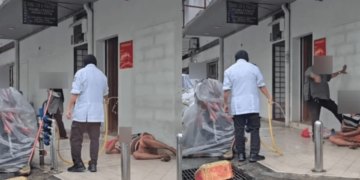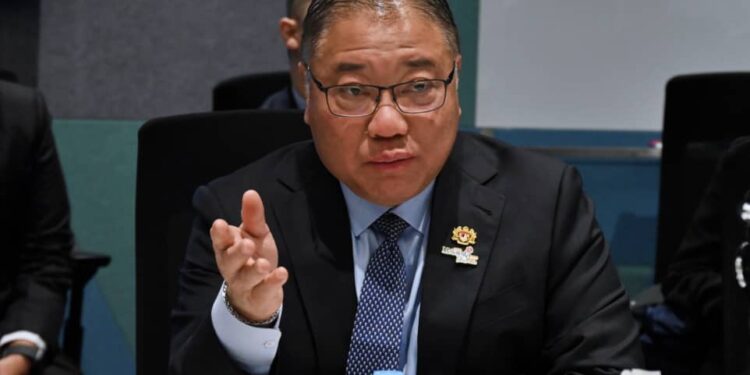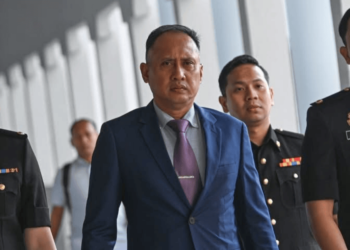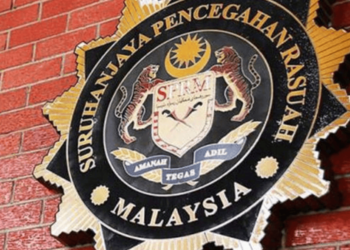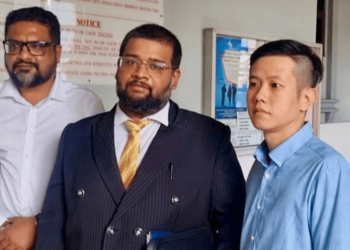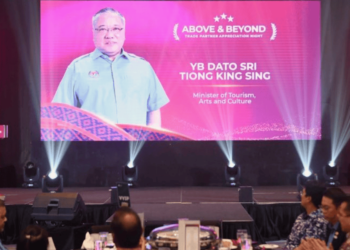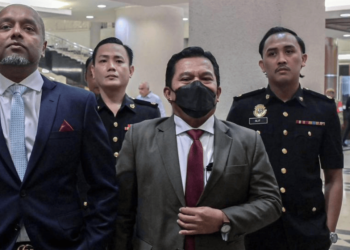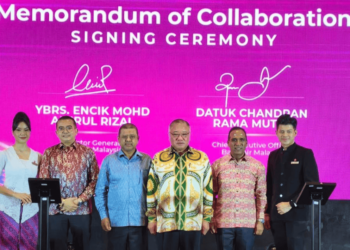KUALA LUMPUR – President of the Progressive Democratic Party (PDP), Tiong King Sing, has taken a firm public stand against what he describes as blatant political interference in the leadership selection of the Sibu Chinese Community Leaders Association, reflecting the growing frustration of grassroots supporters.
Labelling the manoeuvring a “disgraceful power grab,” Tiong accused an unnamed political party of attempting to hijack the association’s committee election process for its own political gain at the expense of fairness, inclusivity, and community trust.
“This is my final warning,” Tiong declared in a Facebook post. “Community leadership positions are not the private assets of any party. This lack of transparency needs to be addressed promptly.”
Tiong, alleged that the political party in question had not only meddled in the election process but had gone as far as issuing direct instructions to manipulate outcomes, ensuring that only its members filled leadership roles while tokenising members from other parties in superficial gestures of inclusion.
According to him, the move undermines the very spirit of the community-based association and reflects a deeper rot within political culture: one where power and influence are prioritised over public service.
“These are not the actions of strong political leaders, but of cowards,” Tiong said. “If they are so confident, why not contest elections independently without riding on the backs of allied parties?”
In a symbolic but decisive response, Tiong has instructed all PDP community leaders to withdraw from the Sibu Chinese Community Leaders Association, distancing the party from what he called a “politicised body no longer reflective of the people’s interests.”
“We don’t need their so-called mercy,” he added. “PDP will not participate in a charade that reduces public service into a theatre of control and manipulation.”
Tiong’s statement has since drawn significant attention across Sarawak’s political landscape, particularly among local civil society leaders who have long expressed concerns about the politicisation of community organisations.
Observers see Tiong’s intervention as both a shot across the bow and a litmus test for broader democratic values in Sarawak, where party politics often intertwines with social administration in ways that blur the lines between governance and partisan influence.
As Malaysia prepares for its next round of political recalibration ahead of Visit Malaysia Year 2026, Tiong’s stance offers a timely reminder: that the credibility of community leadership and, by extension, national image relies on principles that go beyond power-sharing formulas and reach into the realm of integrity.
It appears that those accused now hold the power. Whether they choose reform or resistance will determine more than just the future of one association; it may shape the tone of Sarawak’s political discourse for years to come. -MalayaDailyToday


